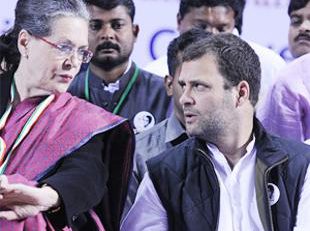SKILL INDIA- Campaign To Train The Unskilled
Skill India was established for the reason of training the unskilled workers and giving them a secured employment. It was also launched with the objective of improving the potential of Indian workers . This has been helpful to the poor and underprivileged because they get the benefit of employment.
Approved for another four years (2016-2020) to benefit 10 million youth.
Individuals with prior learning experience or skills will also be assessed and certified under Recognition of Prior Learning (RPL). Under this Scheme, Training and Assessment fees are completely paid by the Government.
Key Components of the Scheme:
- Short Term Training:
The Short-Term Training is expected to benefit candidates of Indian nationality who are either school/college dropouts or unemployed. Duration of the training varies per job role, ranging between 150 and 300 hours. Upon successful completion of their assessment, candidates shall be provided placement assistance by Training Partners (TPs). The entire training and assessment fees are paid by the Government.
- Recognition of Prior Learning:
Individuals with prior learning experience or skills shall be assessed and certified under the Recognition of Prior Learning (RPL) component of the Scheme. RPL aims to align the competencies of the unregulated workforce of the country
- Special Project:
Special Projects are projects that require some deviation from the terms and conditions of Short Term Training under Skill India for any stakeholder.
- Kaushal and Rozgar Mela:
Social and community mobilization is extremely critical for the success of Skill India. Active participation of the community ensures transparency and accountability, and helps in leveraging the cumulative knowledge of the community for better functioning.
- Placement Guidelines:
They make sure that the knowledge and skill learned by the workforce is put in use by creating employment opportunities and demands in the market. Efforts are made to provide placement opportunities to candidates, trained and certified under the Scheme.
- Monitoring Guidelines :
It is seen to it that ambitious standards of quality are maintained and Inspection Agencies shall use various methodologies, such as self-audit reporting, call validations, surprise visits, and monitoring through the Skills Development Management System (SDMS). These methodologies shall be enhanced with the engagement of latest technologies.
Check out:MAKE IN INDIA
The scheme will be implemented through the National Skill Development Corporation (NSDC).













